In recent years, a growing number of Australian parents have begun to reject traditional schooling methods in favor of alternative educational models. This shift is not merely a passing trend but a significant movement driven by various factors, including dissatisfaction with current educational systems, the rise of homeschooling, and the increasing availability of innovative learning platforms. As an environmental researcher, understanding these trends is crucial as they hold implications for Australia's future workforce and societal structure.
The Evolution of Education in Australia
Australia's education system, like many around the world, has traditionally focused on standardized testing and a one-size-fits-all curriculum. However, recent data from the Australian Bureau of Statistics (ABS) shows that more than 20,000 students were homeschooled in Australia in 2022, marking a 20% increase over the past five years. This shift is partly due to the recognition that traditional schooling does not cater to all learning styles or adequately prepare students for modern challenges, particularly in rapidly evolving fields such as environmental science and technology.
Case Study: The Rise of Montessori Schools
One notable shift in the education landscape is the increasing popularity of Montessori schools. These schools emphasize hands-on learning and independence, allowing students to explore subjects at their own pace. For example, the Montessori School in Sydney saw a 30% enrollment increase in 2023, with parents citing benefits such as personalized learning and a focus on critical thinking skills. This approach aligns with the needs of a modern workforce that values creativity and problem-solving abilities.
Factors Driving the Shift Away from Traditional Schooling
Several factors are contributing to the shift away from traditional schooling in Australia:
- Dissatisfaction with Standardized Testing: Many parents believe that an overemphasis on standardized testing stifles creativity and fails to measure a child's full potential.
- Technological Advancements: The rise of online learning platforms offers customizable and interactive learning experiences that traditional schools struggle to provide.
- Environmental Concerns: With increasing awareness of climate change, parents are seeking education systems that incorporate sustainability and environmental stewardship into the curriculum.
Data-Driven Insights: Homeschooling Trends
According to the Australian Homeschooling Association, the number of registered homeschoolers has grown by 15% annually. This trend is supported by the flexibility homeschooling offers, enabling parents to tailor education to their children's individual needs and interests, which is particularly appealing to families living in remote areas or those focusing on specialized subjects such as environmental studies.
Common Myths About Alternative Education
Despite its growing popularity, alternative education faces several misconceptions:
- Myth: "Homeschooled children lack social skills."
- Reality: Many homeschooling programs incorporate social activities and group learning, fostering social skills in diverse environments.
- Myth: "Alternative education is not as rigorous as traditional schooling."
- Reality: Alternative education often offers rigorous curricula tailored to students' interests, leading to deeper understanding and engagement.
Case Study: Innovative Learning Platforms
Innovative platforms such as Khan Academy and Coursera have revolutionized access to education, providing students with the ability to learn at their own pace. For instance, a Melbourne-based family reported that using these platforms allowed their children to excel in subjects like mathematics and science, which were previously challenging in a traditional classroom setting. This example highlights how technology can complement homeschooling efforts and offer robust educational experiences.
Future Trends and Predictions
The trend towards alternative education is expected to continue, with significant implications for Australia's educational policies and workforce development. By 2030, it is predicted that at least 30% of Australian students will be engaged in some form of alternative education, whether homeschooling, online learning, or attending non-traditional schools. This shift will likely necessitate changes in regulatory frameworks and increased support for varied educational models.
Final Takeaways
- Alternative education models are gaining traction due to dissatisfaction with traditional systems and the flexibility they offer.
- Technological advancements have made high-quality education more accessible, supporting the homeschooling trend.
- Policymakers and educators need to adapt to these changes to ensure future generations are well-prepared for an evolving global landscape.
As we look to the future, it is crucial to continue exploring and supporting diverse educational models that cater to the varied needs of Australia's students. What are your thoughts on this educational shift? Share your insights below!
People Also Ask
- How does alternative education impact students in Australia? Alternative education provides customized learning experiences, improving student engagement and outcomes, especially in areas like technology and environmental science.
- What are the biggest misconceptions about homeschooling? A common myth is that homeschooled children lack social skills, but many programs include socialization opportunities through group activities and community involvement.
- What future trends could affect education in Australia? By 2030, policy updates may increase support for alternative education models, reflecting the growing demand for personalized and flexible learning options.
Related Search Queries
- Alternative education models in Australia
- Homeschooling trends 2024
- Benefits of Montessori schooling
- Online learning platforms Australia
- Dissatisfaction with traditional education
- Environmental education in schools
- Future of Australian education
- Innovative learning methods
- Impact of technology on education
- Social skills in homeschooling
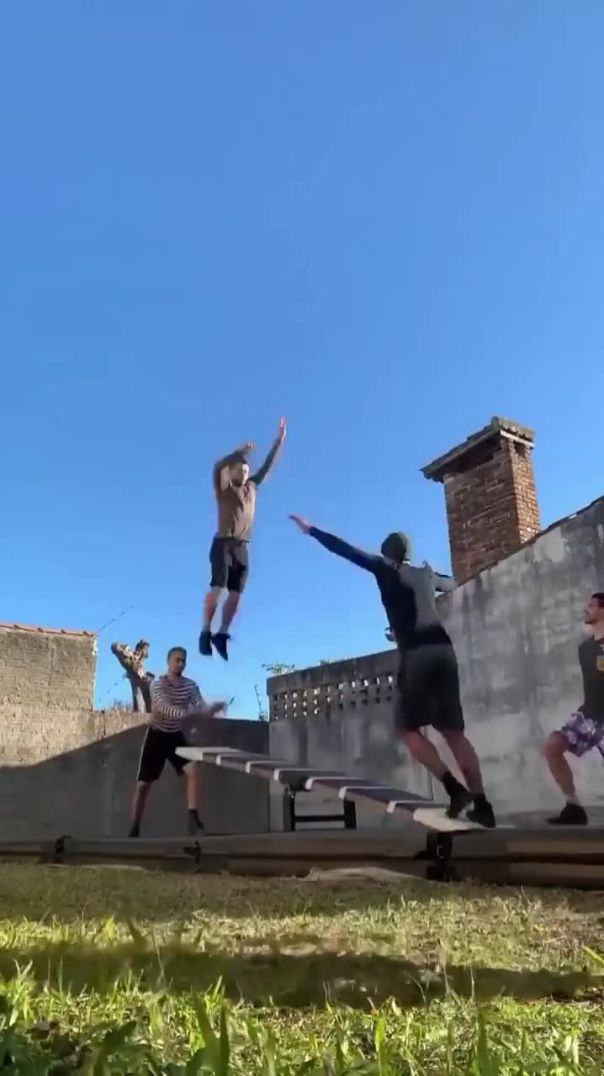

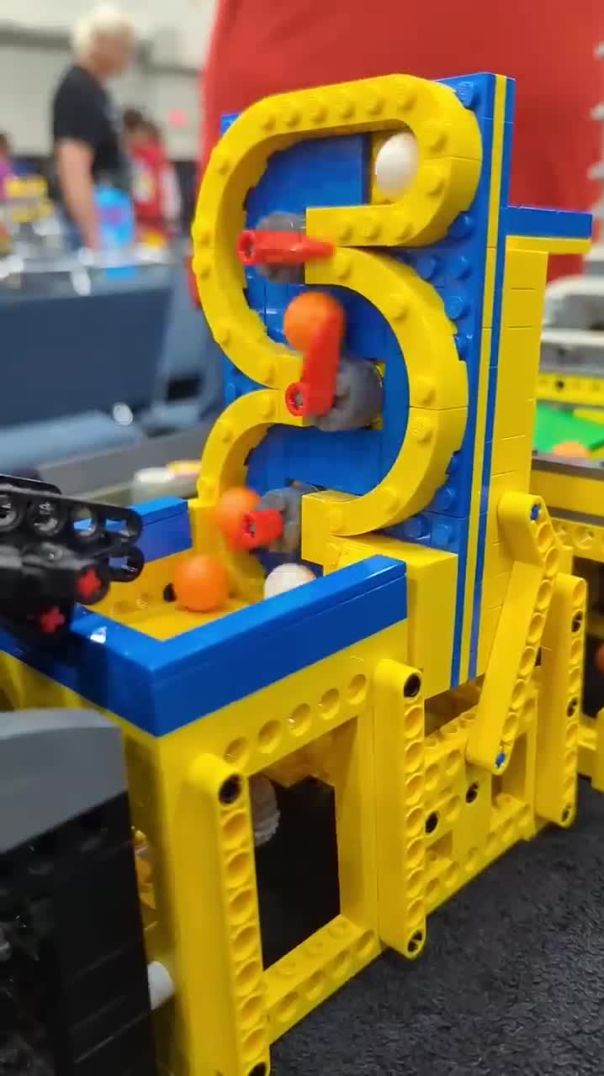




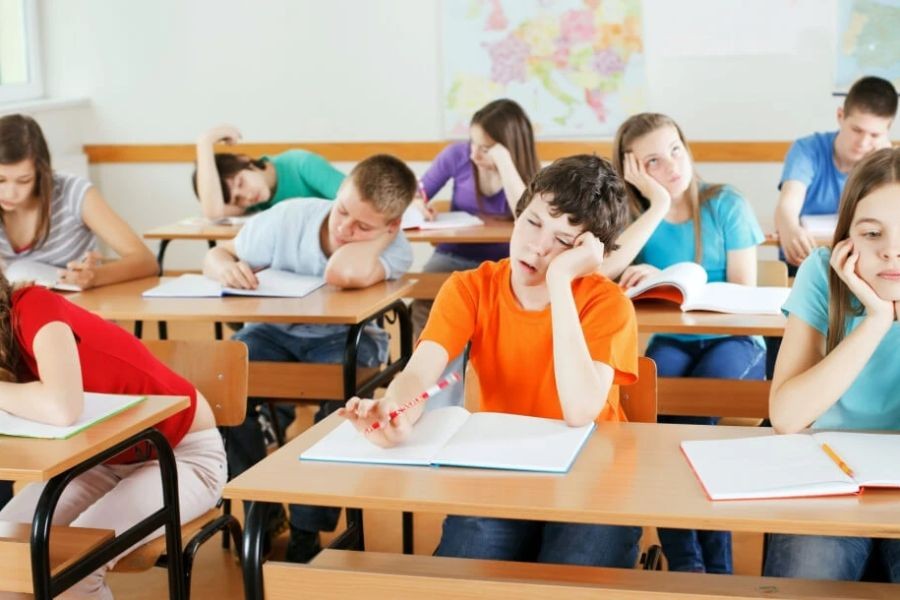

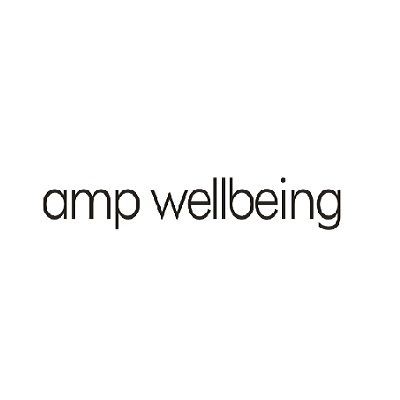





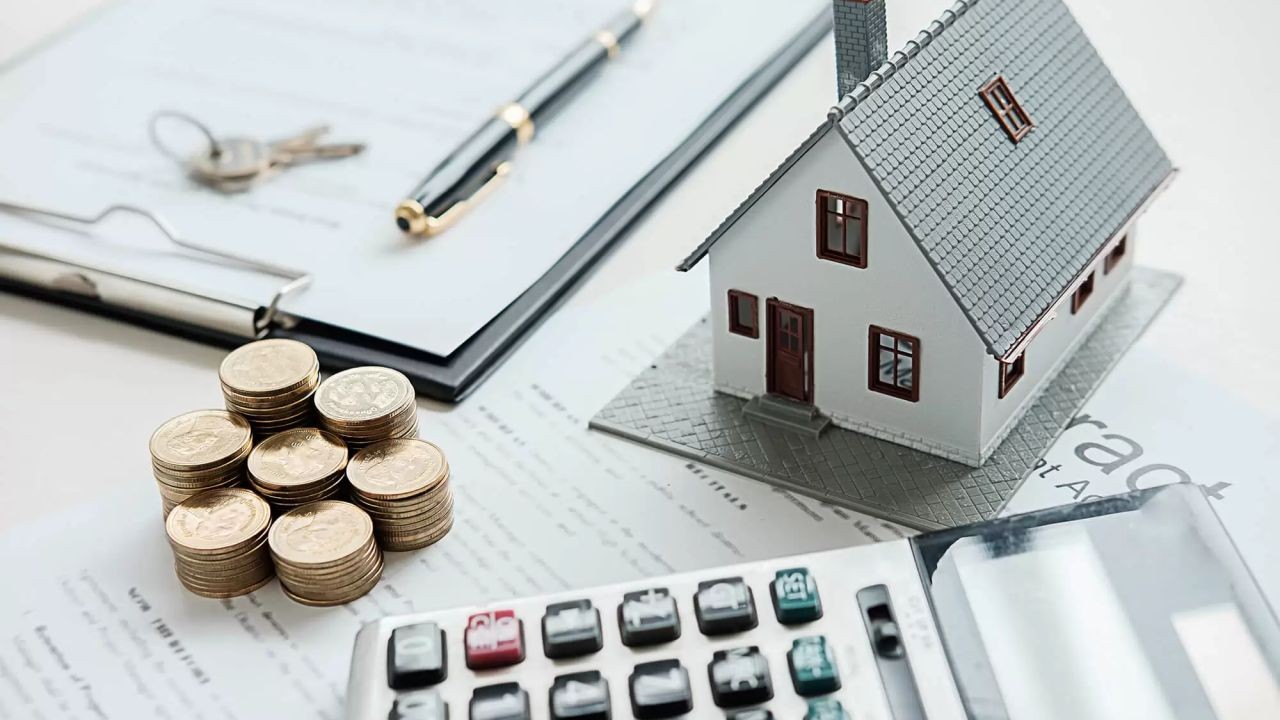


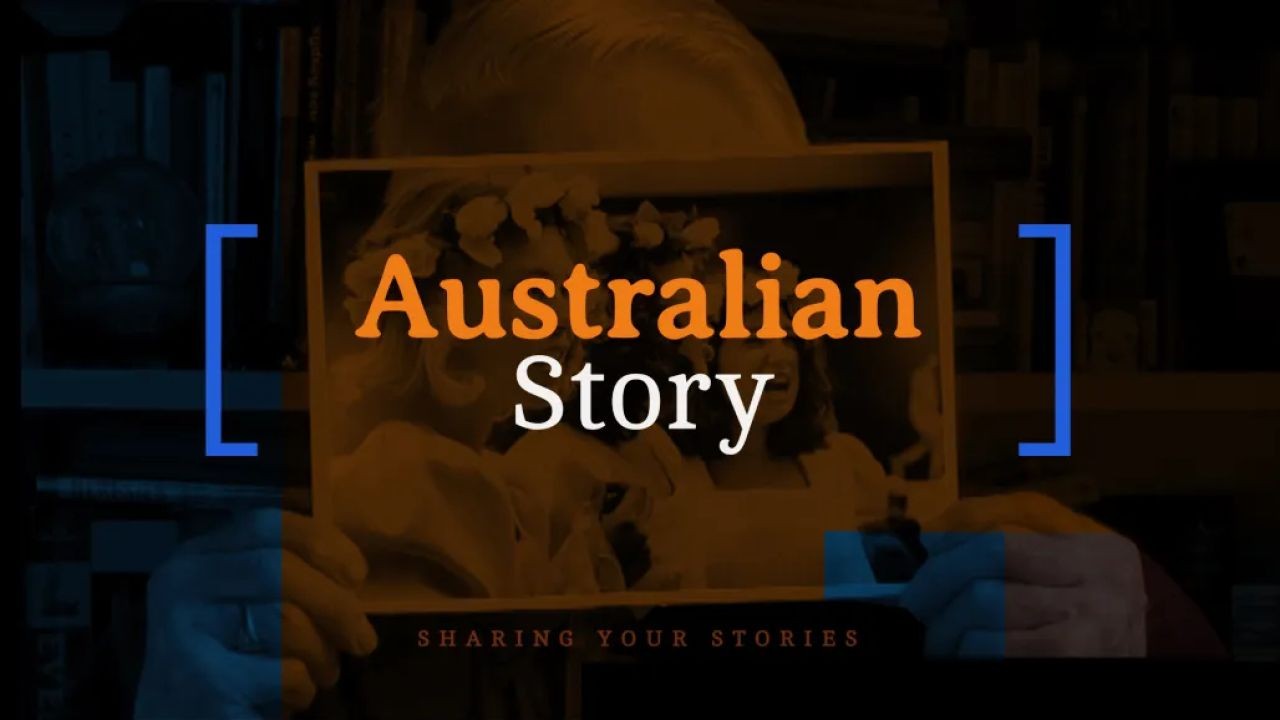
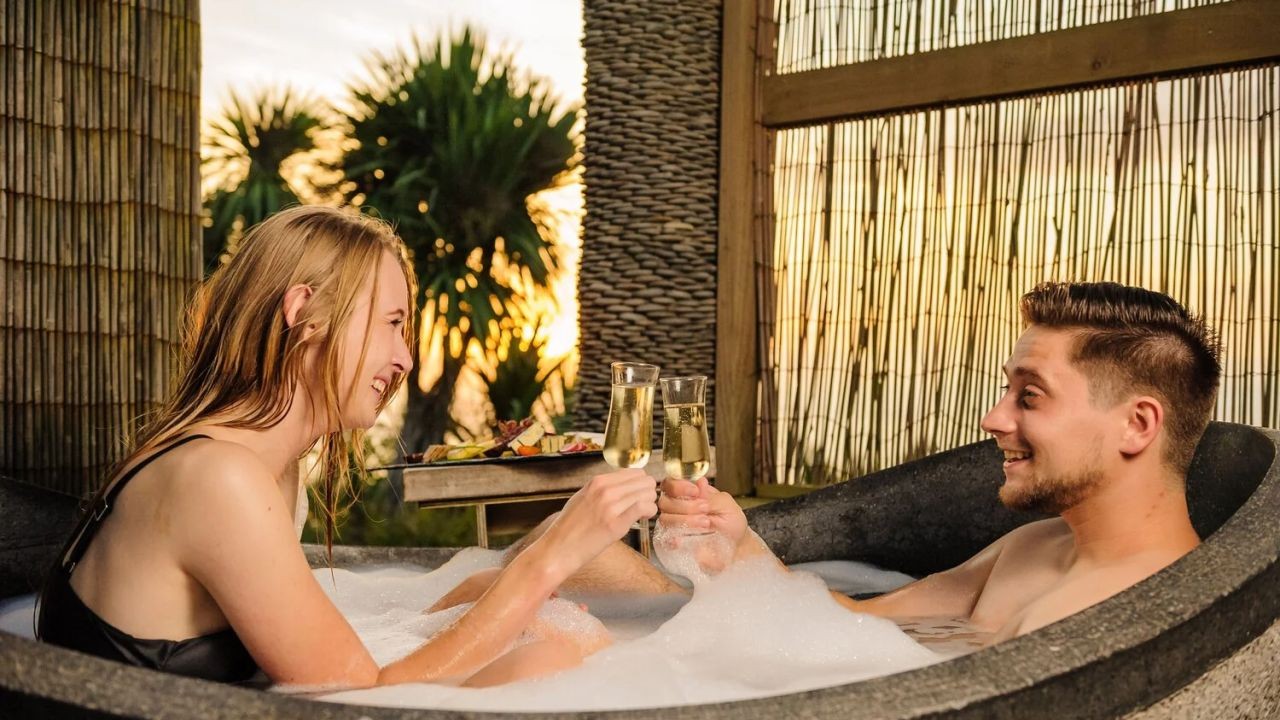

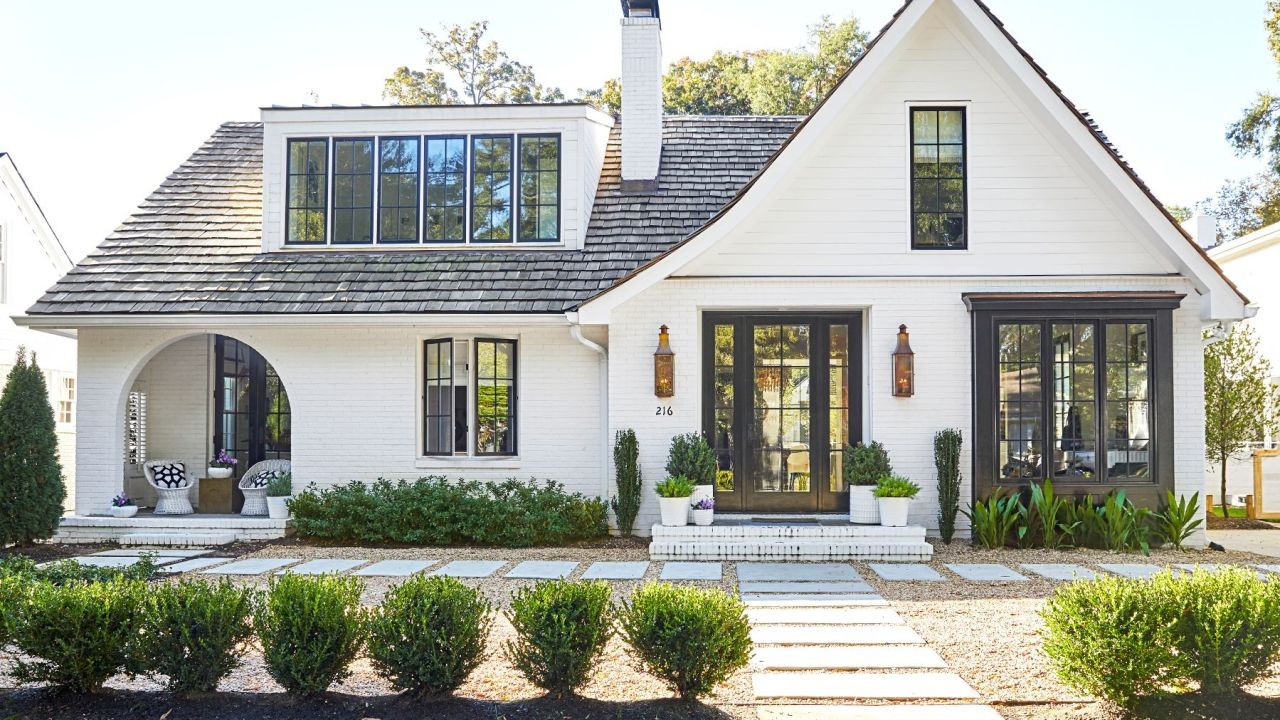



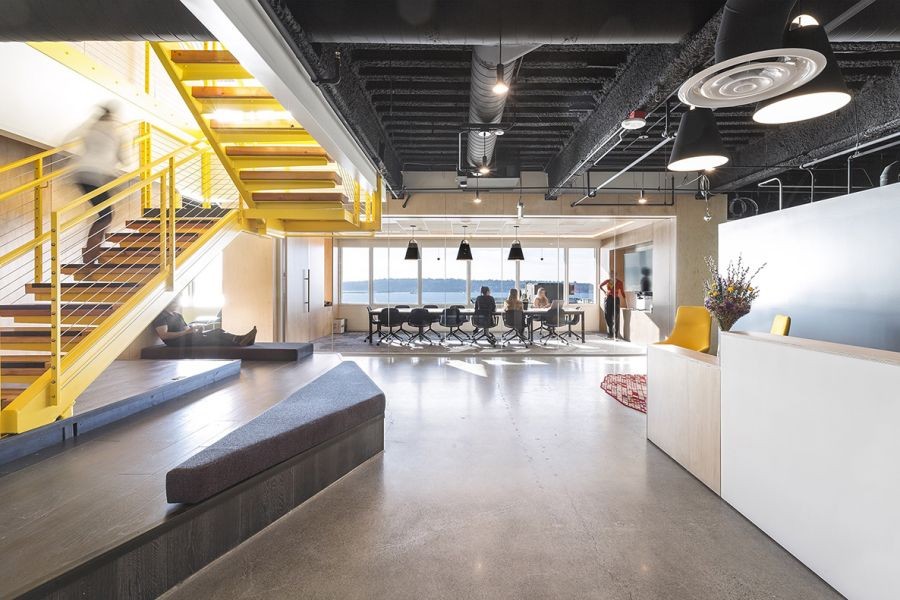





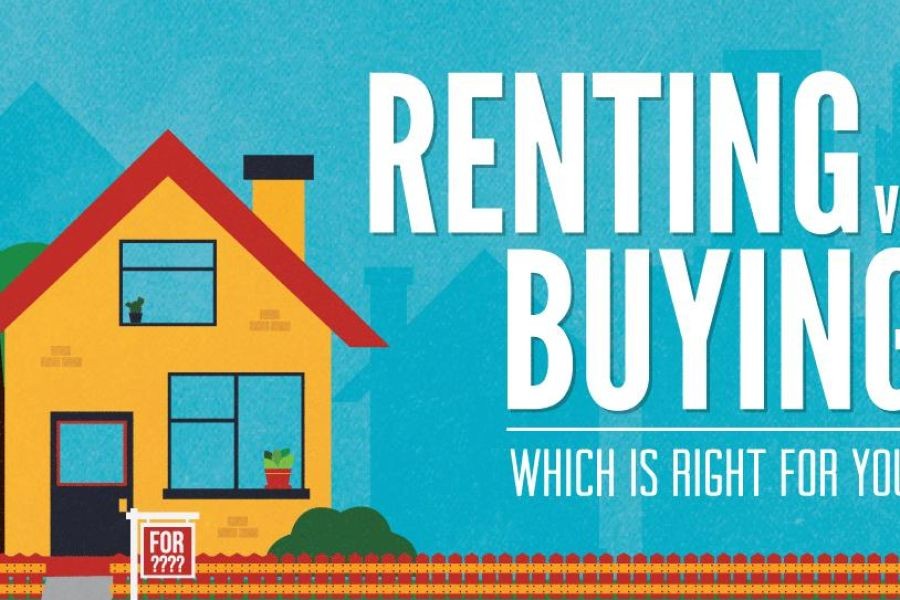
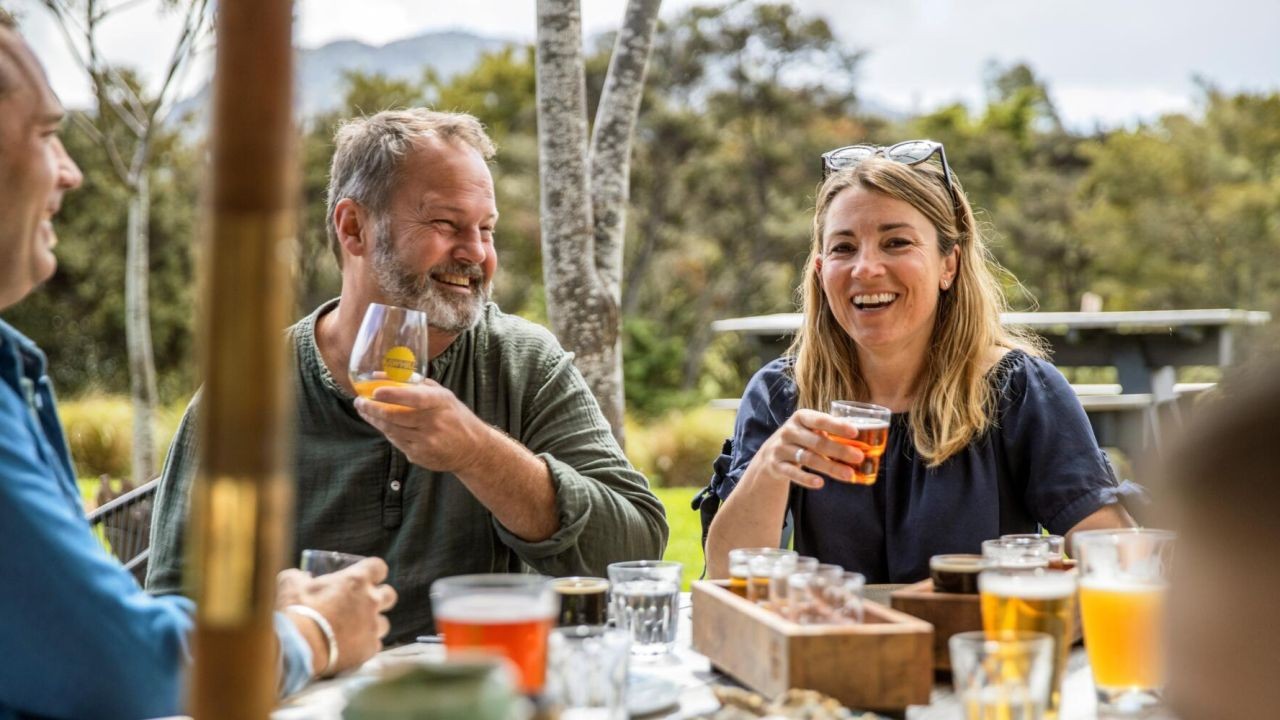






florenehamrick
27 days ago